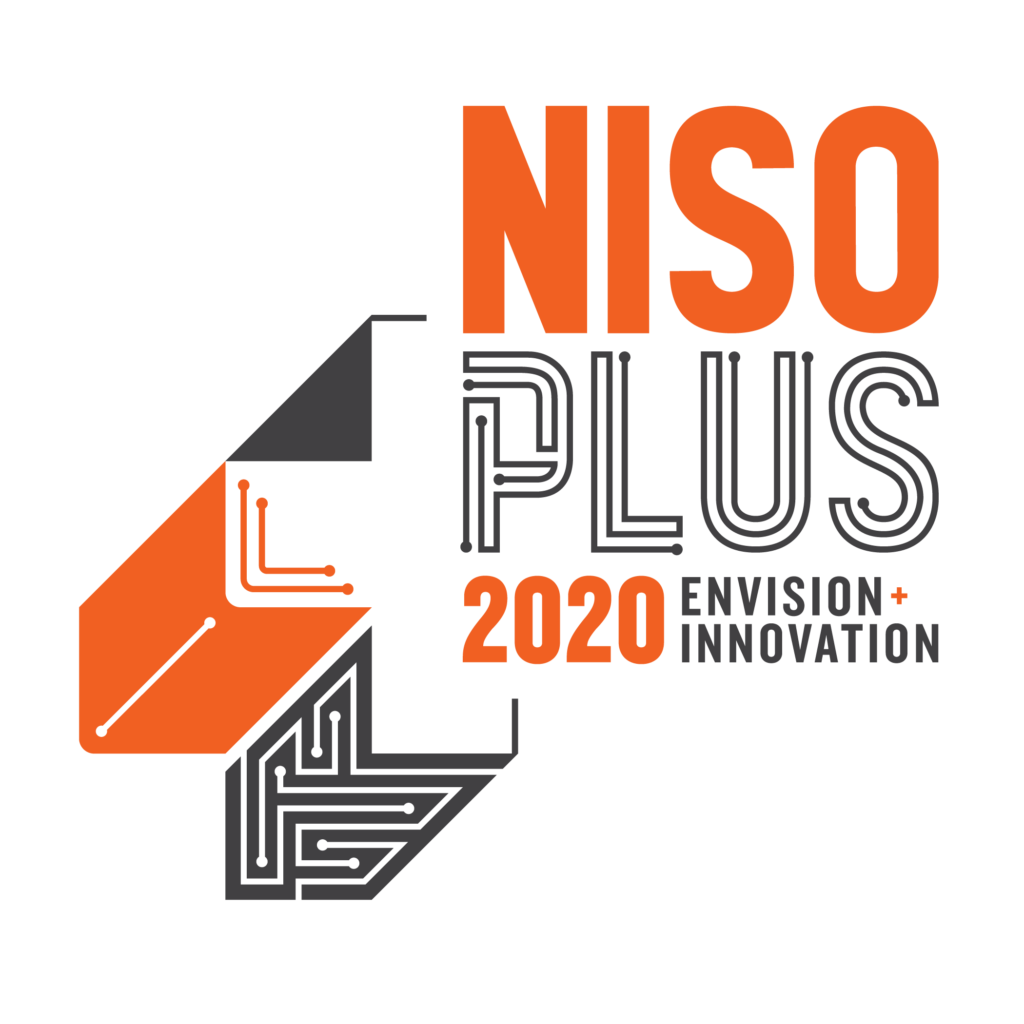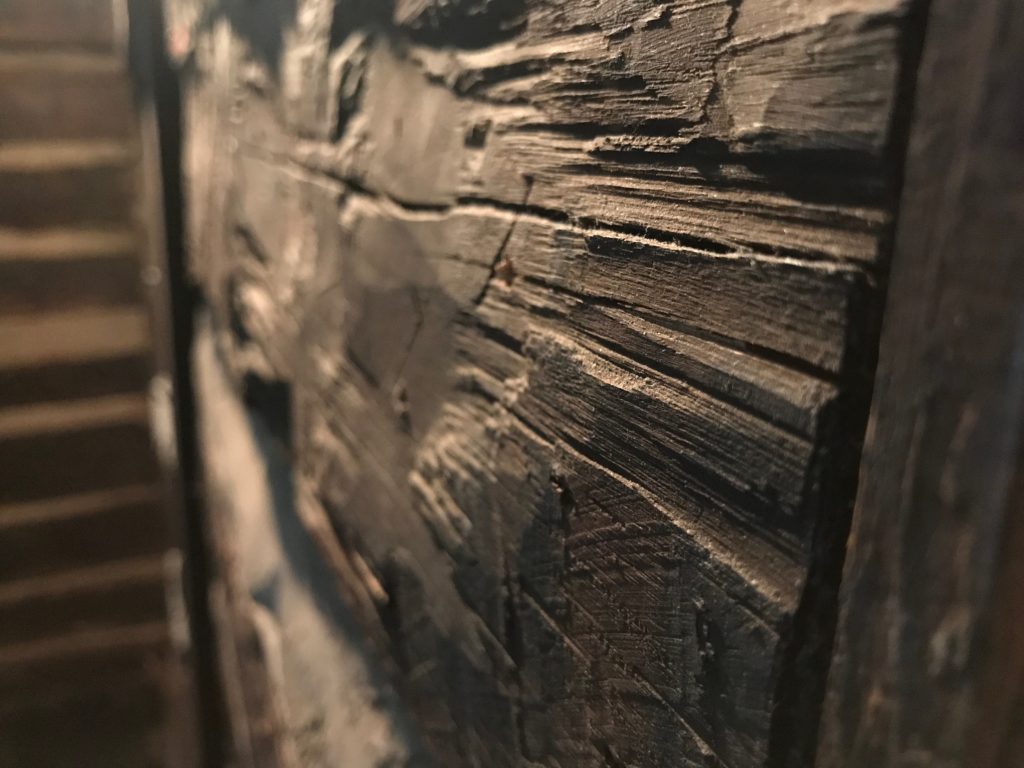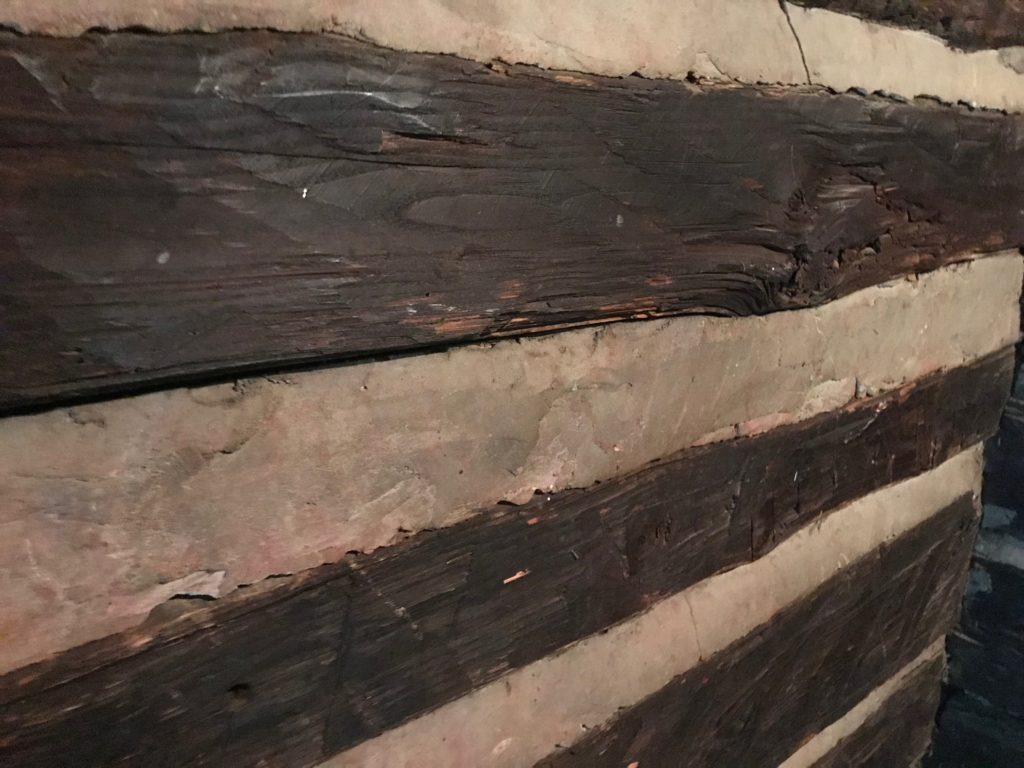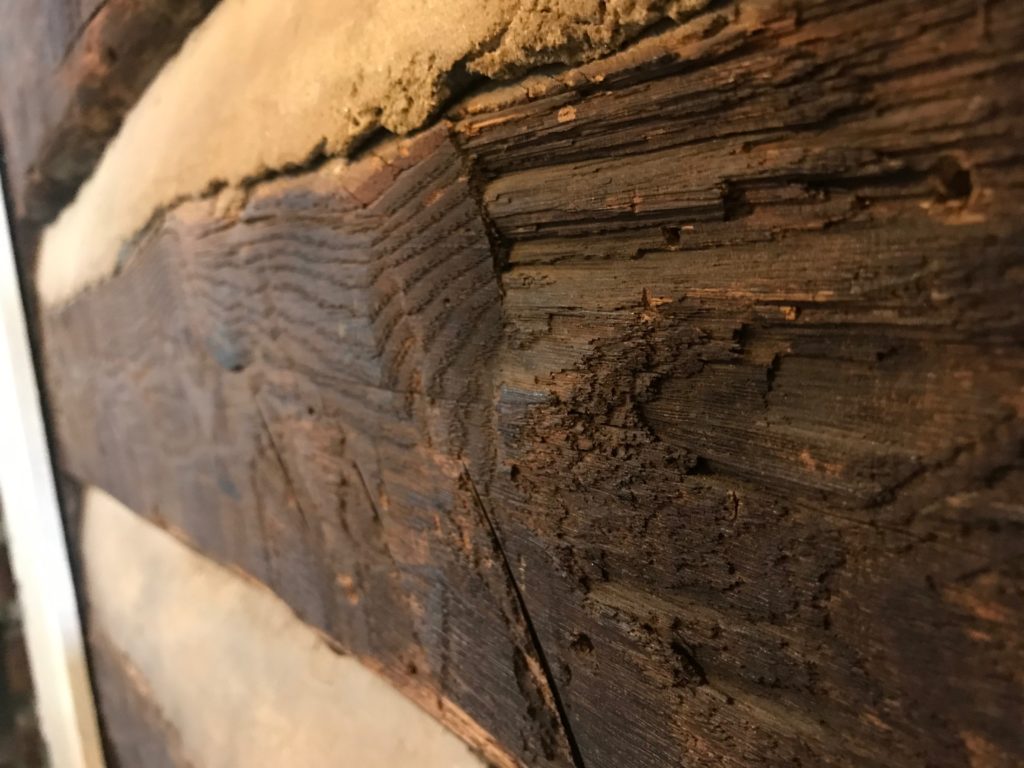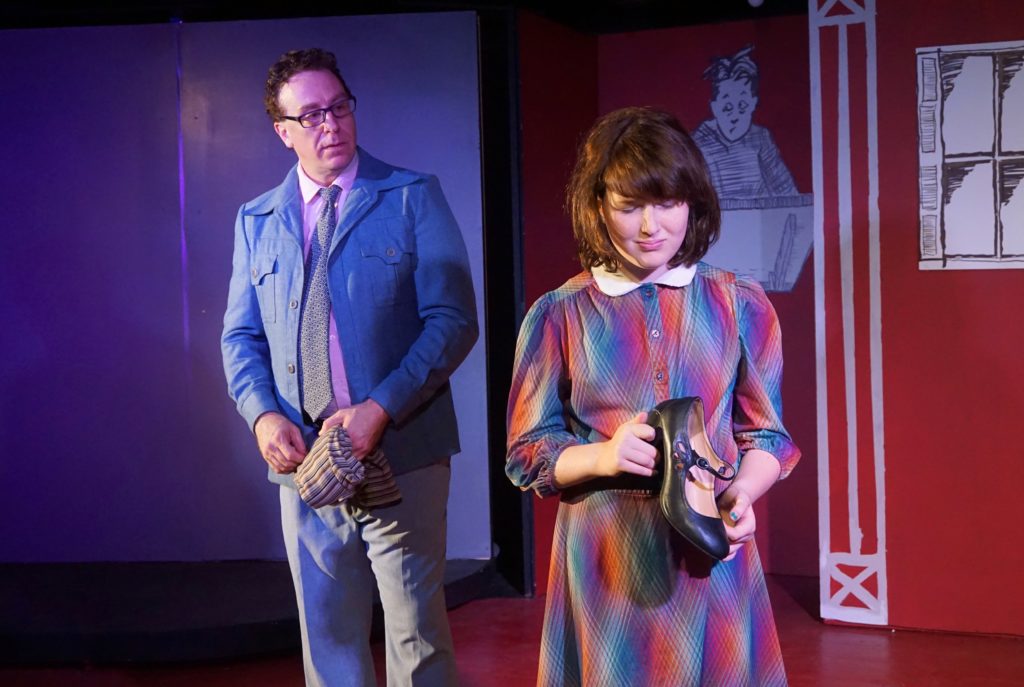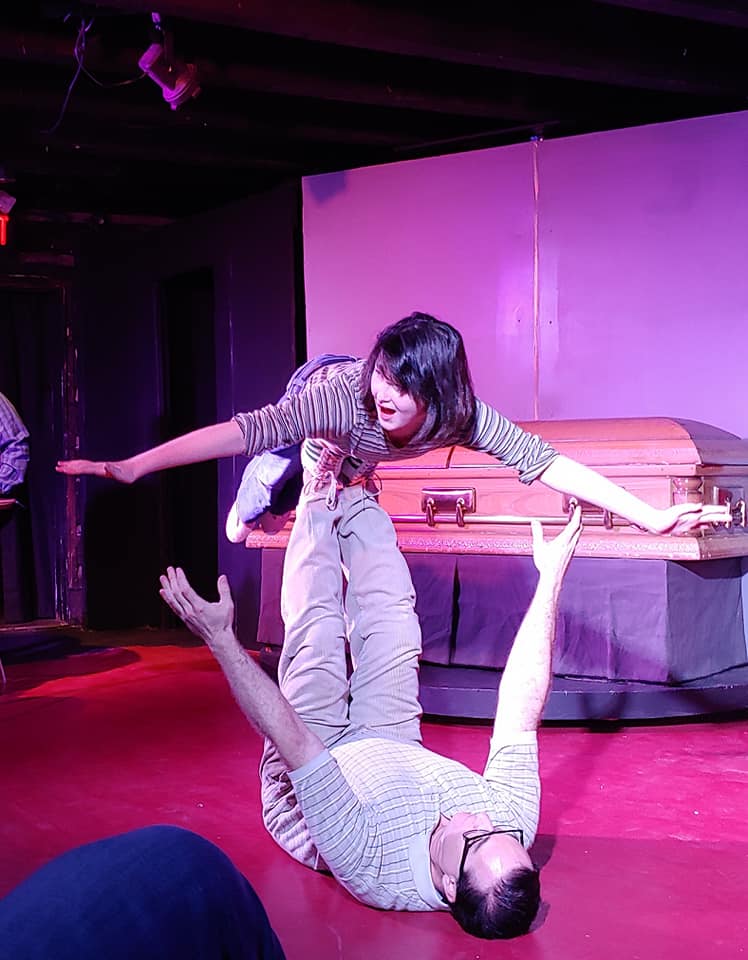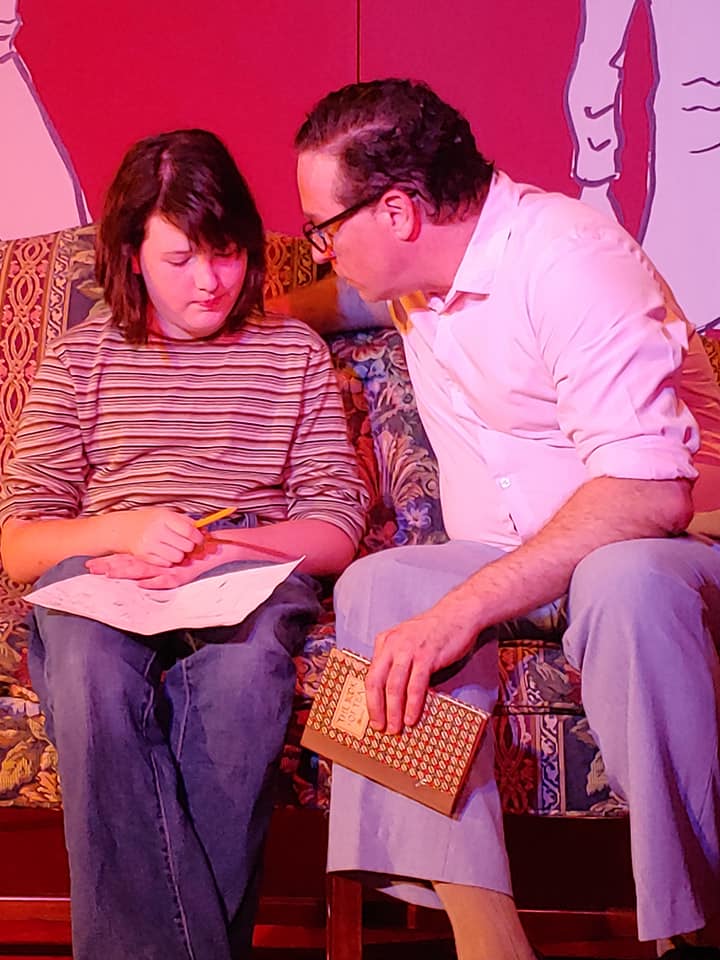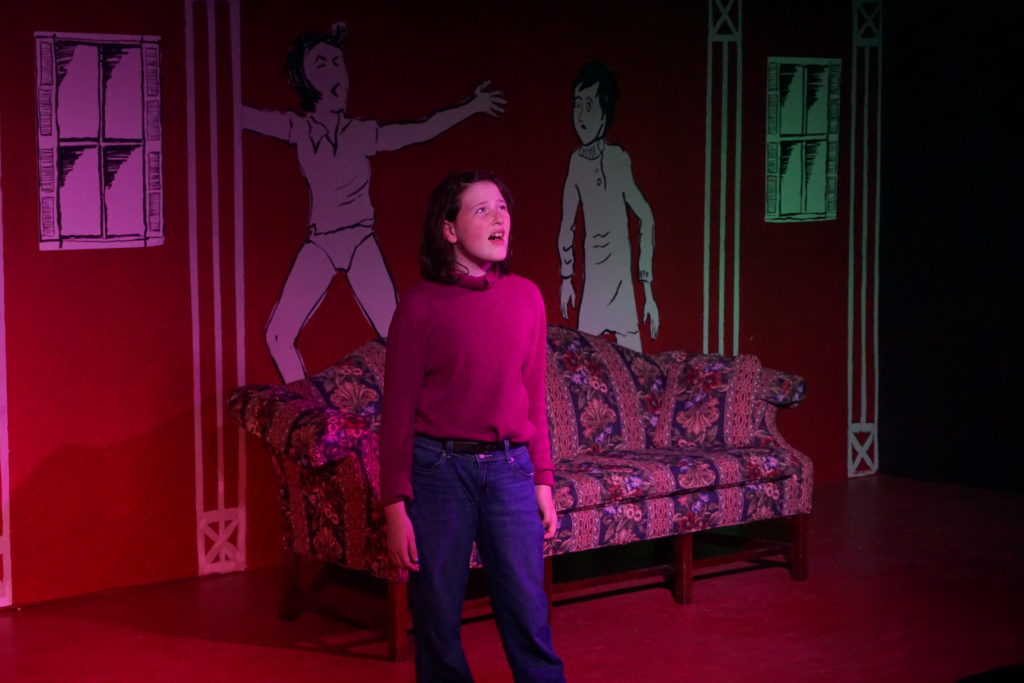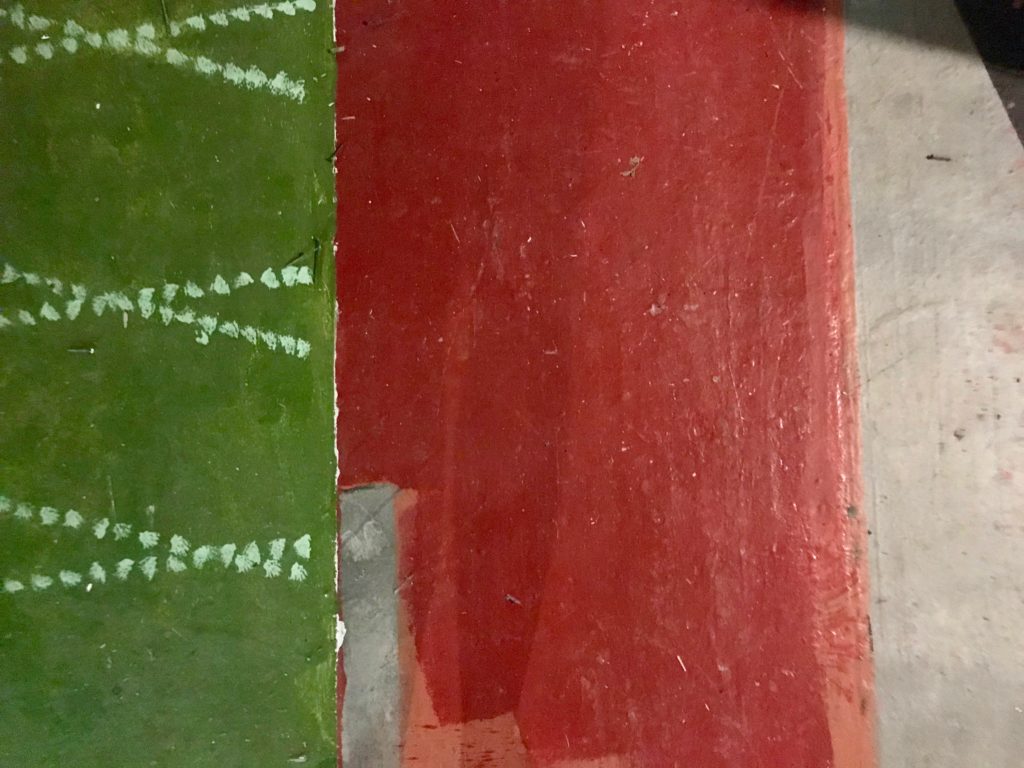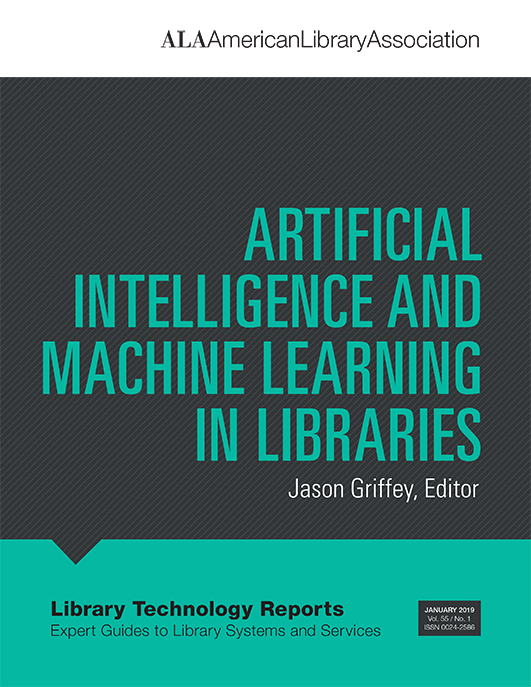This site has undergone quite a change over the last couple of weeks, and for the purposes of me remembering and for the 2 people in the world who might be interested, here’s a quick summary of what I’ve done.
As part of moving servers, it became obvious that I needed to simplify my online structures fairly aggressively. Over the last decade or so, my personal web presence had expanded to include a personal homepage, a business page for my LLC, multiple project websites, a site for my daughter Eliza, and a handful of one-off landing pages for various short-lived things. 5 or so of these things lived in a WordPress Multiuser install, while another 2-3 were individual flat HTML sites. Moving that entire mess to a new server didn’t seem necessary nor wise, so I gave some thought to how best to move things without breaking old things.
What absolutely needed to be maintained was my main URL (jasongriffey.net) and the various subdirectories under it that had become meaningful over the years…primarily my main blog which has lived at jasongriffey.net/wp/ for well over a decade now. The question then was, what to do with the other sites and posts that I’ve been maintaining for years? I briefly considered spinning up separate WordPress installs for each, and separating them out, but dismissed that for upkeep reasons. Too much work to keep it all secure. Moving everything over as a Multisite was a possibility, but that brought with it all the same complexity I wanted to try and get a bit away from, as well as being technically limiting on a few fronts because of the way I had routed the DNS for each site.
After some contemplation, I decided to export all of the posts from the variety of other blogs, and import them into my main blog, Pattern Recognition. I can import each blog with a different Author attached, and then use that to assign tags and categories that make it easy to create a link that filters to just that blog’s old entries, like so. This means there’s just the one “blog” and database structure behind it, and moving forward I can post just here…but the history of what I’ve written over the last 15 years or so is all saved and accessible.
While I’m certain there’s some things that are still broken (document links, etc) most everything seems to now be working ok. I’m solving problems under the hood with a combination of “put directories where old links expect them to be” and “abuse the hell out of .htaccess re-writing” so that hopefully lots of old links are terribly broken.
For a couple of the sites that really didn’t _need_ to be WordPress sites any longer, I just did a static export from WP and then uploaded them as flat HTML sites. Seems to be working. 🙂
So this is my new home online! I am going to do my best to do a bit more writing here…I find myself wanting more of my effort to go to things I control, and not things I don’t like the broader social web.
For those of you who made it this far, here’s a fantastic performance by David Byrne. Thanks!

